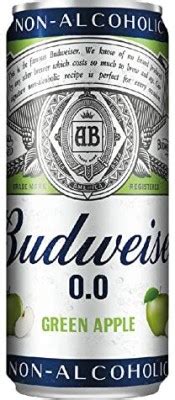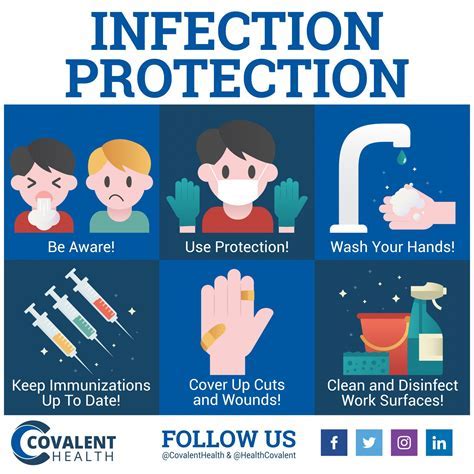Intro
Discover 5 crucial pregnancy donts for a healthy pregnancy, including avoiding harmful substances, reducing stress, and maintaining a balanced diet, to ensure a safe and joyful prenatal journey with a focus on pregnancy care and prenatal health.
Pregnancy is a critical period in a woman's life, and it's essential to take extra precautions to ensure the health and well-being of both the mother and the baby. While there are many things that pregnant women can do to promote a healthy pregnancy, there are also several things that they should avoid. In this article, we will discuss five pregnancy don'ts that every expectant mother should be aware of.
During pregnancy, the body undergoes significant changes, and certain activities or substances can pose a risk to the developing fetus. It's crucial for pregnant women to be informed about the potential risks and take necessary precautions to minimize them. By avoiding certain activities and substances, pregnant women can reduce the risk of complications and ensure a healthy pregnancy. Whether you're a first-time mom or have been pregnant before, it's essential to stay informed about the latest research and guidelines on pregnancy care.
Pregnancy is a unique experience for every woman, and what may be safe for one person may not be safe for another. However, there are certain general guidelines that all pregnant women should follow to ensure a healthy pregnancy. By being mindful of these guidelines and avoiding certain activities or substances, pregnant women can promote a healthy pregnancy and reduce the risk of complications. In the following sections, we will discuss five pregnancy don'ts that every expectant mother should know about.
Don't Smoke or Use Tobacco Products

Benefits of Quitting Smoking
Quitting smoking can have numerous benefits for pregnant women, including: * Reducing the risk of complications during pregnancy and childbirth * Lowering the risk of birth defects and miscarriage * Improving the health and well-being of the developing fetus * Reducing the risk of SIDS and other infant health problems * Improving overall health and well-beingDon't Drink Alcohol

Risks of Alcohol Consumption
The risks of alcohol consumption during pregnancy include: * Fetal alcohol spectrum disorders (FASD) * Birth defects and miscarriage * Low birth weight and premature birth * SIDS and other infant health problems * Long-term effects on the child's health and well-beingDon't Take Unnecessary Medications

Safe Medications During Pregnancy
Some medications that are generally considered safe during pregnancy include: * Acetaminophen (Tylenol) * Ibuprofen (Advil, Motrin) * Prenatal vitamins and supplements * Medications for gestational diabetes and hypertension * Medications for morning sickness and nauseaDon't Eat Unpasteurized Foods

Safe Foods During Pregnancy
Some foods that are generally considered safe during pregnancy include: * Pasteurized milk and dairy products * Cooked meats and poultry * Fresh fruits and vegetables * Whole grains and legumes * Nuts and seedsDon't Engage in High-Risk Activities

Low-Impact Exercises During Pregnancy
Some low-impact exercises that are generally considered safe during pregnancy include: * Walking * Swimming * Prenatal yoga * Pilates * CyclingWhat are the risks of smoking during pregnancy?
+Smoking during pregnancy can increase the risk of complications, including low birth weight, premature birth, and sudden infant death syndrome (SIDS). It can also increase the risk of miscarriage, stillbirth, and birth defects.
Can I drink alcohol in moderation during pregnancy?
+No, there is no safe level of alcohol consumption during pregnancy. Drinking alcohol can increase the risk of fetal alcohol spectrum disorders (FASD) and other complications.
What medications are safe to take during pregnancy?
+Some medications, such as acetaminophen and ibuprofen, are generally considered safe during pregnancy. However, it's essential to consult your healthcare provider before taking any medication, including over-the-counter medications and herbal supplements.
Can I eat unpasteurized foods during pregnancy?
+No, unpasteurized foods can contain bacteria like Listeria and E. coli, which can cause food poisoning and other complications. Pregnant women should avoid eating unpasteurized foods and opt for pasteurized alternatives instead.
What exercises are safe to do during pregnancy?
+Low-impact exercises, such as walking, swimming, and prenatal yoga, are generally considered safe during pregnancy. However, it's essential to consult your healthcare provider before starting any new exercise routine.
In conclusion, pregnancy is a critical period in a woman's life, and it's essential to take extra precautions to ensure the health and well-being of both the mother and the baby. By avoiding certain activities and substances, pregnant women can reduce the risk of complications and promote a healthy pregnancy. We hope this article has provided you with valuable information and insights on five pregnancy don'ts that every expectant mother should know about. If you have any questions or concerns, please don't hesitate to reach out to your healthcare provider. Share this article with your friends and family to help spread awareness about the importance of pregnancy care.
